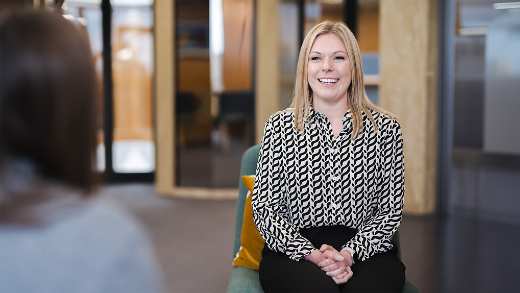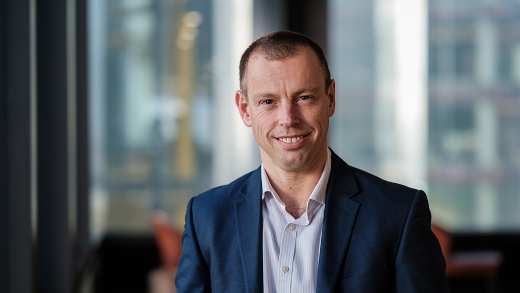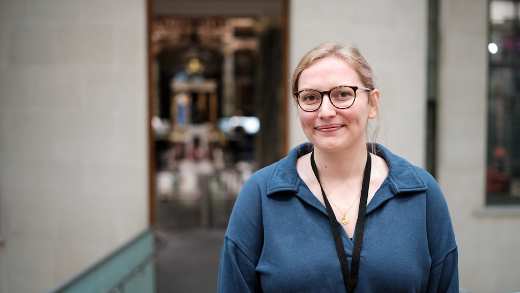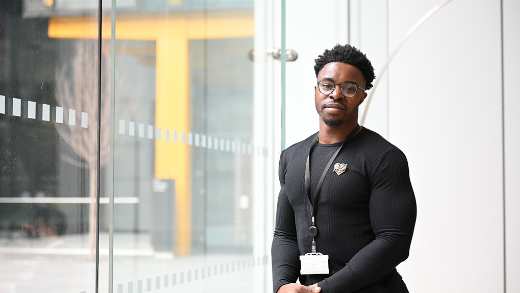Taryn Siwale, SEO Manager in Aviva Ireland, on how to be found.
Taryn Siwale, SEO Manager in Aviva Ireland, on how to be found.
SEO stands for search engine optimisation. Basically, my job is to make sure Aviva Ireland’s webpages are easy for people to find through search engines, like Google.
I've been working on a new car insurance page. This page needs to answer as many questions as possible for car insurance customers. But first, they need to find it – that’s where I come in.
On fascinating reading
I don't know if SEO was around when I was younger, but I was always interested in computers. At school, I was a computer prefect. I remember going to the computer room, switching on the computers, and helping people who wanted to use them. I loved it.
When I left school, I did an IT (information technology) course with Dorset College. In all my jobs since then, I’ve always worked with computers.
At one point, I had my own web design business. I was building websites for clients, and they’d say to me, ‘We’ve got this new site, why don't we have any visitors?’ So, I started to read up about SEO and straight away it was fascinating to me.
On taking it one day at a time
I'm a single mum and I adore my 13-year-old daughter. When she was first born, I had my own business and we were going into a recession. I spent my days with a baby in one arm, typing with the other hand. I remember feeling exhausted and yet I found time and energy to work.
When I look back now, it’s a testament to what you can do when you're put into a difficult situation. You keep going, keep positive and just take it one day at time.
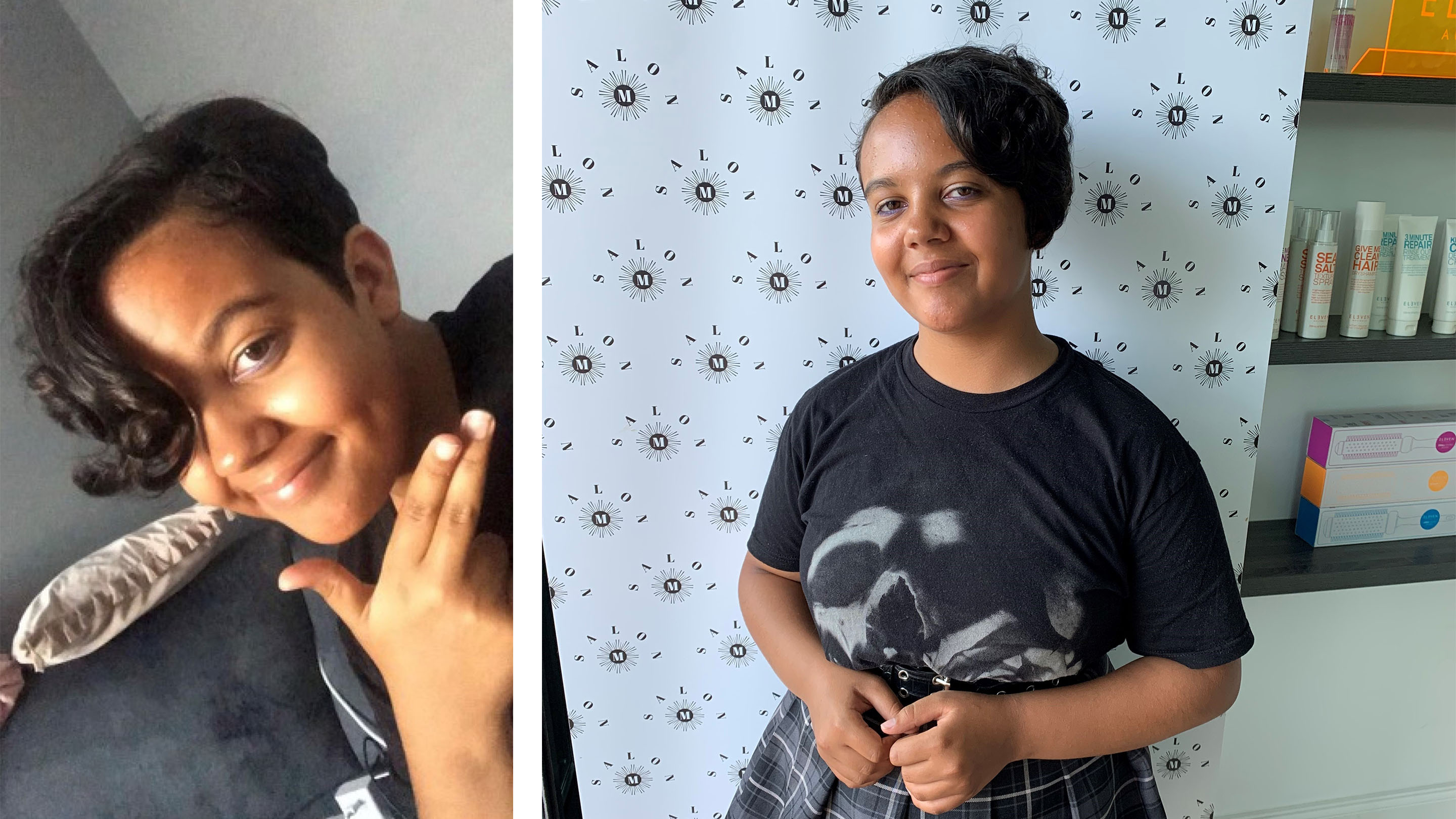
My daughter is thinking about a career in animation. She has an animation tool she uses to bring her drawings to life and I'm right here for her, helping with things like coding. I don’t know much about animation yet, but I’ll get there.
On being a woman in a man’s world
Tech is still a male-dominated industry. I don't know what the stats are, but I am starting to see a lot more prominent women in tech nowadays.
In college, of a class of maybe 25 there were only four girls. We were in the minority, but we were very tight – the four of us got on well.
I went to an all-girls school, so it was a bit of a change to walk into a classroom full of boys. But I’ve never felt discriminated against for being a woman.
When I see an opportunity, I never think about things that might hold me back. I believe companies try as much as possible to keep things on an even playing field, so I just put my best foot forward.
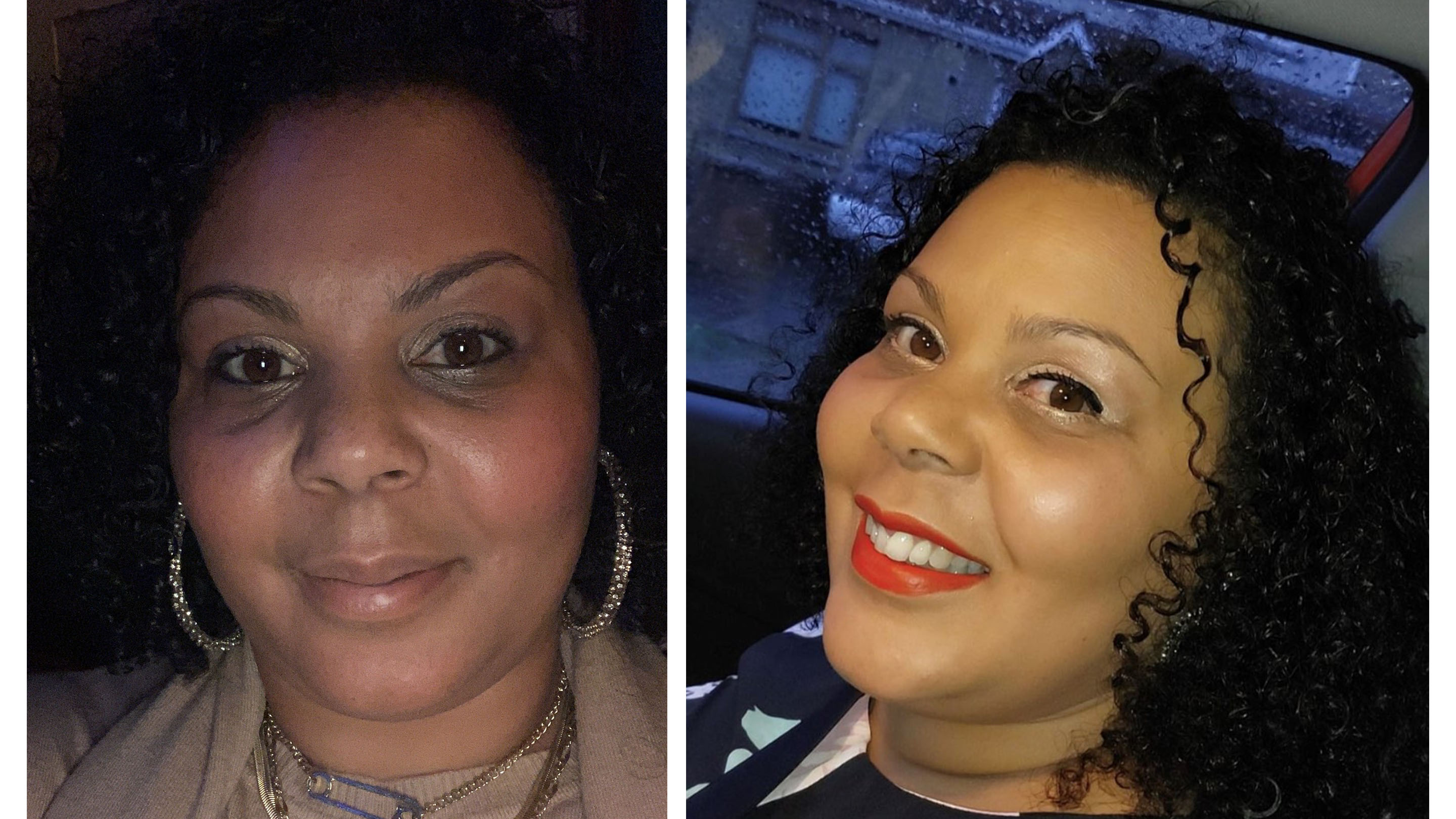
On one, two, three…
SEO is split into three main areas.
One is technical website health. Search engines favour websites they can ‘see’ work properly and may penalise those that don’t.
Two is essentially a popularity contest. The more links you have coming in from credible websites to your own site, the more Google likes it. You do that by creating content others want to link to.
Three is about the content itself – the words and pictures. For example, a lot of people will have heard of keyword-stuffing. That’s where you research the words people type into search engines to find your product or service, like ‘insurance’. Then you stuff ‘insurance’ into your webpage as many times as you can.
Keyword stuffing is so bad for SEO. Google started demoting sites for doing it a while back – and rightly so because it gets in the way of good, useful web content.
Google changes the goal posts all the time. Last year they brought in a new set of standards for how long webpages should take to load. Site speed is really important – according to Google, 53% of people using mobiles leave a page that takes longer than three seconds to load.
Google keeps me on my toes but they're always trying to improve the web for people who use it, like our customers, and that’s a good thing.
On fighting with song titles
I use a tool called Google Adwords for keyword research, among others.
I enter a term like ‘car insurance’ and Adwords gives me a list of words people use to search for car insurance. That helps me decide which words to include on a webpage – in a natural, flowing way – to help people find what they’re looking for.
Now I do trust Google, but I always go back and do extra checks as well. I’ll tell you why…
Back when I worked at a health and wellbeing company we were ranking for a certain keyword, but we weren't getting any visits for it. I was like, ‘Gosh, that's crazy’. So we Googled this keyword, and there was a number-one song with the same title. People were searching for the song, not our site.
That happened here, too. We had an article titled Driving Home for Christmas. I told the writers we may not get much web traffic for it because when people Google Driving home for Christmas, they're looking for the song by Chris Rea, not tips about safe driving in winter.
On getting it right
I worked on a huge project for an airline – we rebuilt about 6,000 webpages. When those new pages went live, we didn't see any negative SEO impact. That might not sound like much, but it’s amazing.
Google has more than 200 ranking factors, so there's no way to pinpoint what impact changes to your website will have. You’re always at the mercy of Google.
Besides, Google change their algorithm so often and when they do, webpages shuffle up and down the search results.
You might have been working hard on your website, but your competitor might have been working harder. Or they might’ve published something that Google prefers over your content.
That’s why as soon as I come in to work in the morning, I check Google to see if our pages have improved, declined, or held their position. Our rankings set the mood for my day.
On getting it wrong
I worked on a website redesign for a jobs board business. When we put it live, there was a small issue and Google penalised us for it. Our site visits went down - it took us nine months to get the site back to where it was in Google’s rankings before the redesign.
Website redesigns can be tricky. Google understood your old site and now you've created this shiny new one. It’s like saying, ‘Hey, we were over there, but now we're over here.’ Google has to understand your new website and rank you accordingly. Sometimes it doesn't work out as you hoped, at least not right away.
One of the biggest misunderstandings about SEO is that it takes time. People used to call me a conjurer of the dark arts because nobody really understood what I did.
I would ask for a change to a website, but nobody understood why and when they made the change nothing happened. Then over time, we’d see an improvement – more web traffic, more customers – and that’s how I gained trust.
On looking ahead
One of my biggest goals is to get car insurance ranked number one for Aviva Ireland, which will have a direct impact on our bottom line by bringing new customers to the site.
For me, this is the year of SEO tools. I want to dig into some brilliant new tools, learn how they work and then apply that to my job. And digital accessibility, we're ramping that up to make sure our website is completely inclusive for all users, which is really important to me.
Outside work, I’ve joined a theatre group with my sister. She wants to be in the limelight, but I'm more of a behind-the-scenes person. Or maybe back-up dancer #5. Just something fun, to get out and meet people.
I guess people are like websites, you have to put yourself out there to be found.
***
It takes our people to make Aviva a great place to work. For more on life at Aviva, follow us on LinkedIn, Instagram and X.






